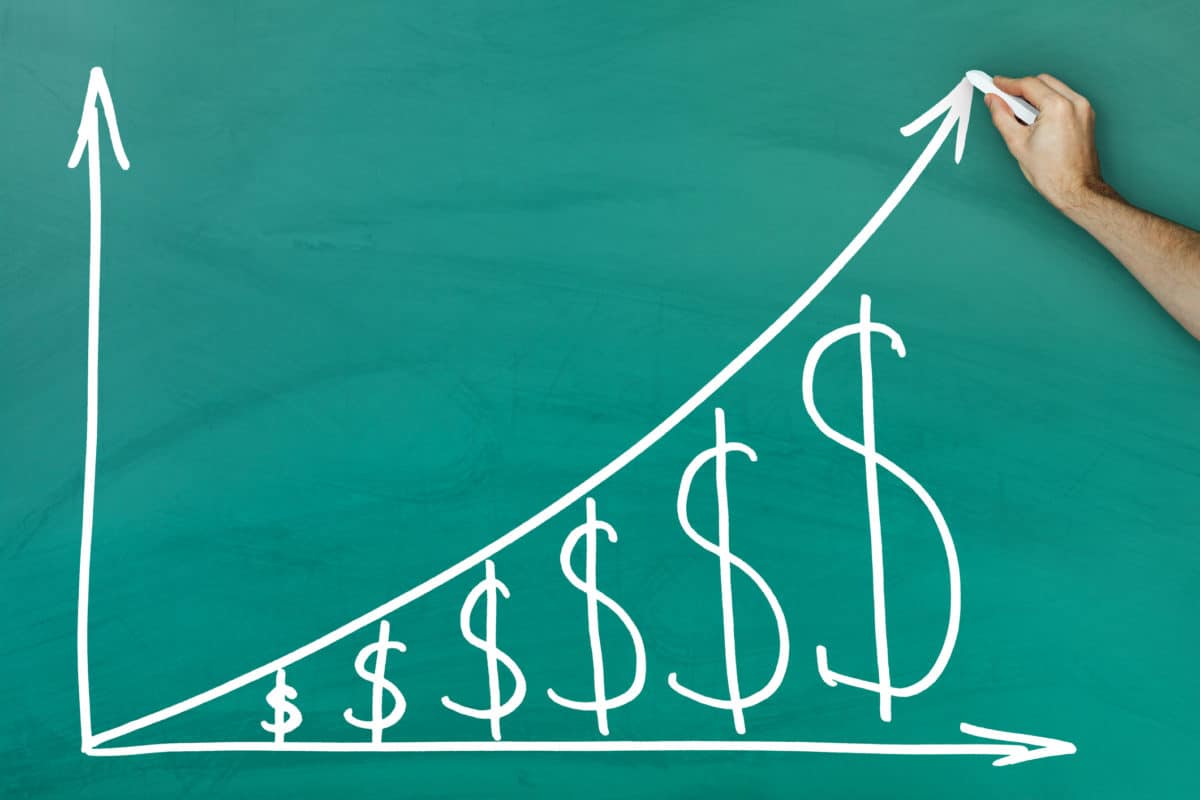Bank earnings kick off this week with reviews from J.P. Morgan and Goldman on Tuesday, and…oh wait I simply fell asleep. Listen, it isn’t that every of these corporations would not have an interesting story to inform. For occasion, I actually hope Wells Fargo, on Wednesday, can higher clarify its resolution final week to out of the blue shut down private strains of credit score. But after chatting with my sensible friend–a laptop science Ph.D. who works within the crypto world–last week, I’m questioning how the massive banks will be capable to compete with the two-pronged problem of low charges and the rise of “decentralized finance, or “deFi.” Here’s what I imply: my pal is about to maneuver a bunch of his funds from Chase to Coinbase, which simply launched a 4% financial savings account. And that is comparatively conservative (and reliable) within the crypto world; you possibly can simply get yields upwards of 8% in case you go a bit extra on the fringes to platforms like Celsius. If Celsius supplied the equal of FDIC insurance coverage, he’d in all probability transfer all of his funds there. Of course, danger is inherent to any platform that may supply yields that gobsmackingly excessive at a time when the “risk-free” 10-year Treasury is yielding a pitiful 1.35%. But the distinction with crypto belongings is that they will additionally supply larger yields for causes starting from platforms lending these belongings out to short-sellers to “dividends” earned from merchants paying charges to entry the platforms. The promise is obvious: the top recreation is to personal sufficient crypto to have the ability to dwell off the yield alone. It’s a bit just like the “4%” rule for 401(ok)s–you want a sufficiently big lump sum that you may dwell off of the 4% you withdraw annually. Or assume of it as an up to date model of the “passive earnings” play with conventional actual property. You know these guys who give up their conventional jobs and now simply personal a bunch of rental properties? The crypto guys try to do the identical factor, however with crypto now, and with out having to be landlords. So it is arduous to get labored up concerning the conventional banks nowadays. Because the brand new cash goes onto crypto platforms, and as such that is the place the eye of regulators and commentators and the media needs to be. The actual query because it pertains to the banks is whether or not they’ll merely find yourself driving extra clients to those rising “high-yield” platforms as a result of their very own choices are so dismal. Can you even think about how rapidly money would transfer if the massive U.S. banks began charging depositors, like some in Europe have began to do? It’s not a far-off situation. Short-dated Treasury invoice yields have already gone adverse, therefore why floods of bank money are being parked on the Fed for its measly 0.05% return (a.ok.a. the “reverse repos”). Banks can solely pay curiosity to clients in any respect to the extent that they will earn it elsewhere, and return prospects are trying worse by the day. Oh, and Coinbase additionally affords a 4% crypto rewards card. So let’s examine, which might you quite? Get 4% in your money, and 4% in your spending, through Coinbase, or 0.5% from Goldman’s Marcus? (And that is concerning the highest charge out there on financial savings within the conventional banking panorama.) You may assume there isn’t any manner I’d put my cash with Coinbase, however it’s a well-regarded custodian within the business, so loads of others are. The actual query I’d ask the banks this week is how they plan to compete with “DeFi” going ahead. Because irrespective of what number of new platforms blow up within the course of, this feels just like the future of finance. And the Fed may assume it is successful the battle by holding charges down on this setting, solely to be shedding management over the monetary system. See you at 1 p.m! KellyTwitter: @KellyCNBCInstagram: @realkellyevans
https://www.cnbc.com/2021/07/12/kelly-evans-the-future-of-bank-earnings.html



